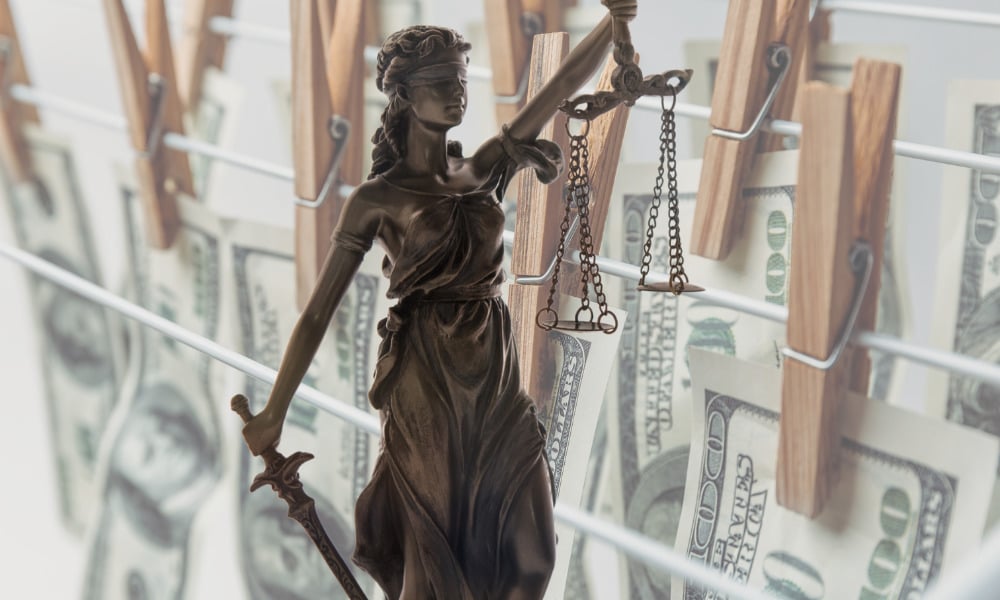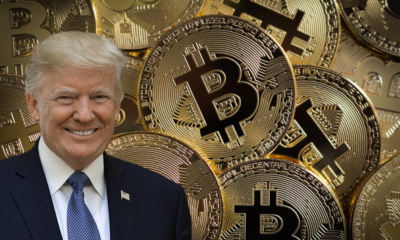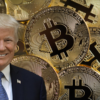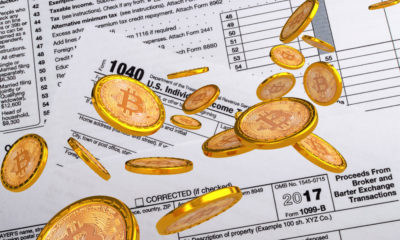Lawmakers Should Update The Anti-Money-Laundering Act Of 2020 To Account For Inflation
On Jan. 1, 2021, the United States government enacted as federal law the Anti-Money Laundering Act of 2020 (“the AML Act”), thereby instituting mandates that should enhance the ability of the United States to collaborate more effectively with the rest of the international community in efforts to reduce financial crimes.
The AML Act, which became law as part of the National Defense Authorization Act for Fiscal Year 2021 when the US Senate overrode then-President-Trump’s veto, establishes some of the most significant changes to US anti-money-laundering laws since the Patriot Act enacted shortly after the September 11 terrorist attacks, and the Currency and Foreign Transactions Reporting Act (sometimes known as the Bank Secrecy Act) passed over half a century ago. In fact, much of the new law was written based on the input of both government regulators and financial industry experts seeking to address deficiencies found in prior laws.
While the AML Act contains many necessary updates that should help reduce the likelihood of criminals successfully perpetrating various illegal activities without detection, one of the major problems with the AML Act as it currently stands is that it does not adjust various thresholds for inflation.
For example, the Currency and Foreign Transactions Reporting Act established in 1970 a requirement that certain businesses report to the government transactions involving the transfer of $10,000 or more in cash; over half a century later, that same $10,000 threshold remains in place, even though $10,000 in 1970 had the purchasing power of close to $70,000 today. As a result, many more cash transactions that are unlikely to be related to illegal activity require reporting today than were required when the threshold was established. While technological improvements over the past 51 years have obviously improved law enforcement’s capabilities vis-à-vis identifying problematic transactions, overreporting as a result of unnecessarily low thresholds can sometimes also hamper money-laundering detection by “creating much larger haystacks in which needles must be found.” Additionally, the long-outdated $10,000 threshold creates situations in which legitimate small business owners experience significant inconvenience; there are many small businesses engaging in normal, legal commerce that trigger the reporting requirement every single day when they deposit their daily cash receipts to banks.
The 51-year-old $10,000 threshold is not the only outdated threshold still in place. Compliance requirements established 15 years ago for parties that buy and sell precious metals (and various other liquid items), for example, have not been adjusted for the rise in the price of gold in recent years; anyone who both buys and sells $50,000 or more of the precious metal is subject to various compliance rules – even though the $50,000 figure was set in 2006 when gold cost about one quarter of its current price. A part-time numismatist or jeweler who buys and sells slightly more than 25% of the amount of gold lawmakers intended 15 years ago to set as a threshold, for example, could now be subject to onerous compliance requirements that lawmakers likely never intended to be applied to such a person.
Besides the threshold issues, it appears that various phraseology used within the AML Act might inadvertently subject unintended parties to compliance requirements; when it acts to update thresholds for inflation, Congress might also want to edit and amend the law for clarity’s sake. In any case, the law should be updated to reflect the prices of 2021, rather than those of 1970 or 2006. (I am also not convinced that the AML Act sufficiently addresses money laundering via cryptocurrencies – but that is a topic for another time…)














 CyberSecurity for Dummies is now available at special discounted pricing on Amazon.
Give the gift of cybersecurity to a loved one.
CyberSecurity for Dummies is now available at special discounted pricing on Amazon.
Give the gift of cybersecurity to a loved one.